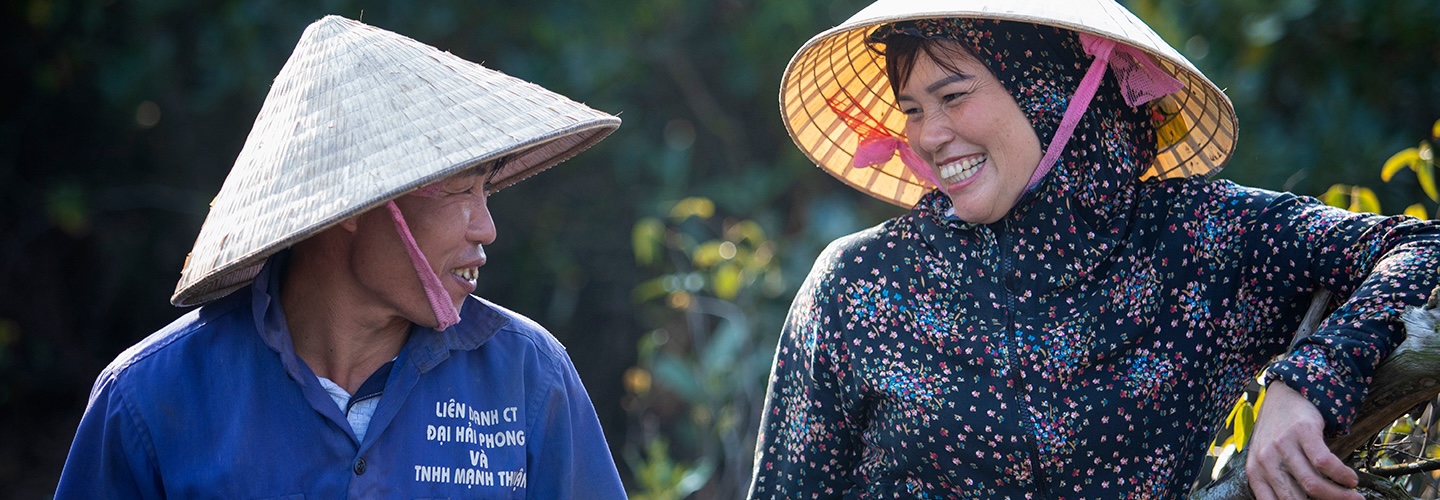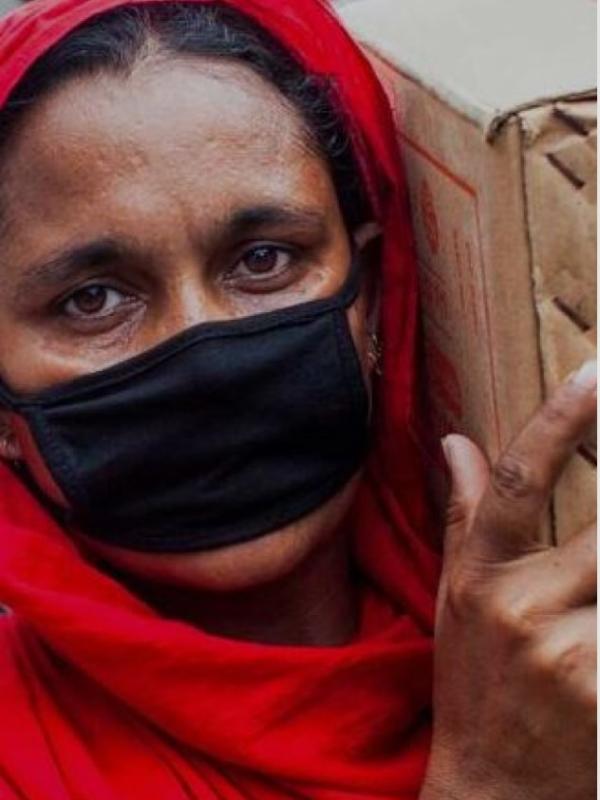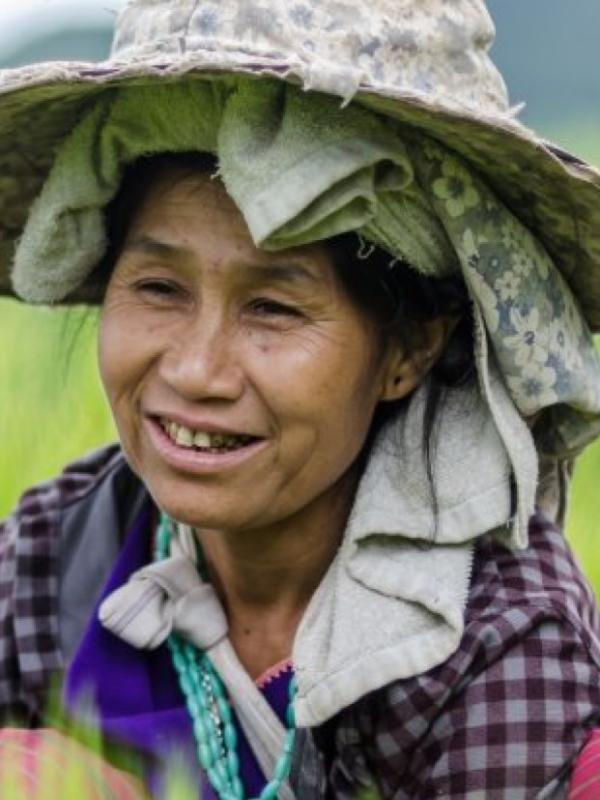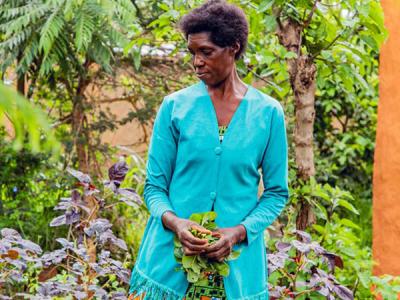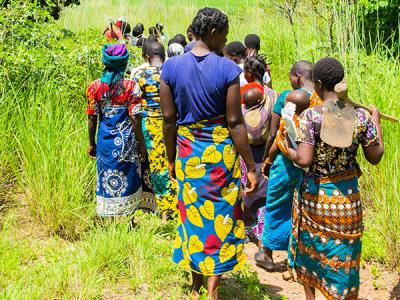As climate change increasingly disrupts weather patterns, rural communities that depend on agriculture and other weather-dependent livelihoods face heightened risks to their income stability, food security and economic assets. Developing climate-resilient value chains – particularly in agriculture, including those engaged in animal husbandry and coastal fishing – has become a priority to safeguard livelihoods and food security in rural areas. Integrating climate resilience into livelihoods not only supports vulnerable communities but also advances national adaptation goals, fostering sustainable pathways to meet the Sustainable Development Goals (SDGs) and the ambitions of the Paris Agreement.
The main areas of UNDP’s work in advancing climate-resilient livelihoods for vulnerable communities includes support to entrepreneurs and micro, small and medium enterprises (MSMEs) with a special emphasis on women entrepreneurs; development of public goods to build market resilience; and promoting income diversification and improved productivity.
Partnerships
The AFCIA is a multi-partner programme launched in November 2020 with an initial US$10 million grant from the Adaptation Fund. The programme supports local entrepreneurs in developing countries to grow their innovative resilience-building solutions into viable business models that attract commercial financing. In December 2020, the European Union contributed an additional €10 million to the UNDP grant funding window.
Launched by UNDP Administrator Achim Steiner at the Climate Adaptation Summit in January 2021, AIM is a strategic platform that promotes scaled-up adaptation at the local level, focusing on civil society, non-government organizations, and women and youth innovators. The AIM partners include the International Centre for Climate Change and Development, the Least Developed Countries Universities Consortium on Climate Change, the Global Resilience Partnership, the Climate-Knowledge Innovation Community, and the UN Capital Development Fund (UNCDF).
The work of UNDP’s Climate and Forests Team contributes to both SDG13 (climate action) and SDG15 (forest ecosystems), addressing their close linkages. When promoting forest and climate policies and investments in countries, UNDP employs a social inclusion approach, wherein effective stakeholder engagement is ensured, the rights of indigenous peoples and forest communities are promoted, gender equality and women’s empowerment principles are mainstreamed, and policy reforms towards more equitable land use and tenure systems are encouraged.
Since 2000, UNDP's global biodiversity program, with financing from the Global Environment Facility and other sources, has been successful in helping to strengthen more than 3,000 protected areas covering more than 680 million hectares including marine, terrestrial, and indigenous and community-conserved areas; and undertaking interventions in production sectors and development planning, covering more than 250 million hectares of production landscapes and seascapes.

